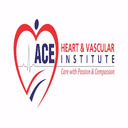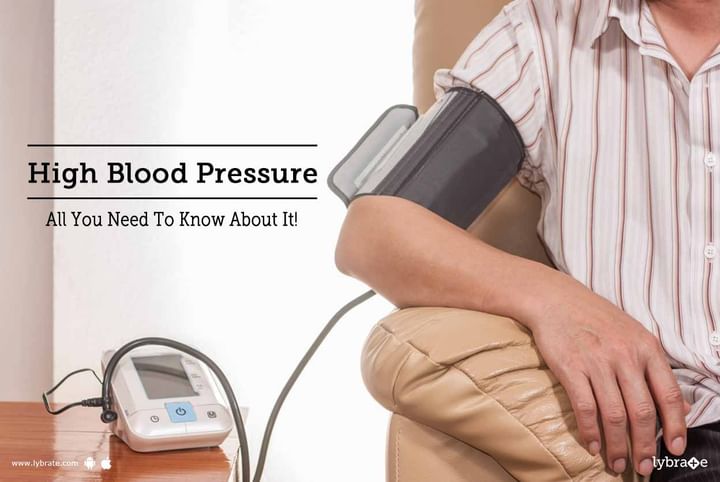High Blood Pressure - All You Need To Know About It!
The heart is a muscular organ that pumps blood to the entire body through a network of arteries and veins. This network contains big vessels which branch out further to supply blood to the distant organs. There is, therefore, some pressure that the heart and thereby the vessels need to exert to push the blood through these vessels. This is known as blood pressure, and normal pressure levels range from 90-140(systolic)/60-90(diastolic) mm of Hg. However, due to various reasons, this pressure could be more, which is one of the first signs of heart disease.
Causes of increased blood pressure:
- Thickening of the blood vessels. With age, the elastic blood vessels naturally turn rigid and less elastic, so there is more pressure required to push blood. It is natural for people over 55 years of age to have higher readings of blood pressure. This is known as primary hypertension (HTN).
- Narrowed blood vessels. This happens due to cholesterol accumulation along the walls of the blood vessels. Faulty dietary habits along with sedentary lifestyle have increased the incidence of hypertension due to this condition, known as atherosclerosis. Critical atherosclerotic narrowing of renal arteries lead to renovascular HTN that is one of the commonest of secondary HTN.
Other Causes of secondary hypertension are:
- Kidney problems
- Thyroid hormone disorders
- Congenital heart defects
- Chronic alcohol abuse
- Adrenal gland tumours
- Chronic use of medications like birth control pills, pain killers, etc.
Unidentified and uncontrolled hypertension can be silent and can lead to more severe conditions like heart attack and stroke. India is fast becoming the new hypertension capital of the world. Some of the common risk factors are:
- Age
- Family history
- Being obese or overweight
- Sedentary lifestyle
- Smoking
- Alcohol consumption
- Excessive salt intake
- Stress levels
- Ethnic background
Symptoms:
- Hypertension can go undetected for years together, but if there are risk factors like diabetes and high cholesterol, it is advisable to periodically monitor blood pressure.
- Headaches, nosebleeds, and shortness of breath should not be ignored. These can be the first warning signs of hypertension, and if detected early, preventive measures can be taken.
- If there are co-morbid risk factors, it is advisable to constantly keep a check on BP readings.
Management:
This includes a combination of diet and lifestyle modifications.
- Quit smoking and alcohol: Of the many wonders quitting smoking can do, reducing BP readings is just one. The improvement would be almost instantaneous. Quit or else reduce alcohol and see dramatic improvements.
- Weight management: Through a combination of diet and exercise, ensure that weight is brought under control. Set a target BMI (Below 26 kg/m2) and work towards it religiously.
- Diet: Reduce salt, increase potassium, increase vitamin D, eat a heart-healthy diet, and see the hypertension readings improve. Please find attached and reviewed copy for health tip for posting. If you wish to discuss about any specific problem, you can consult a cardiologist.



+1.svg)
